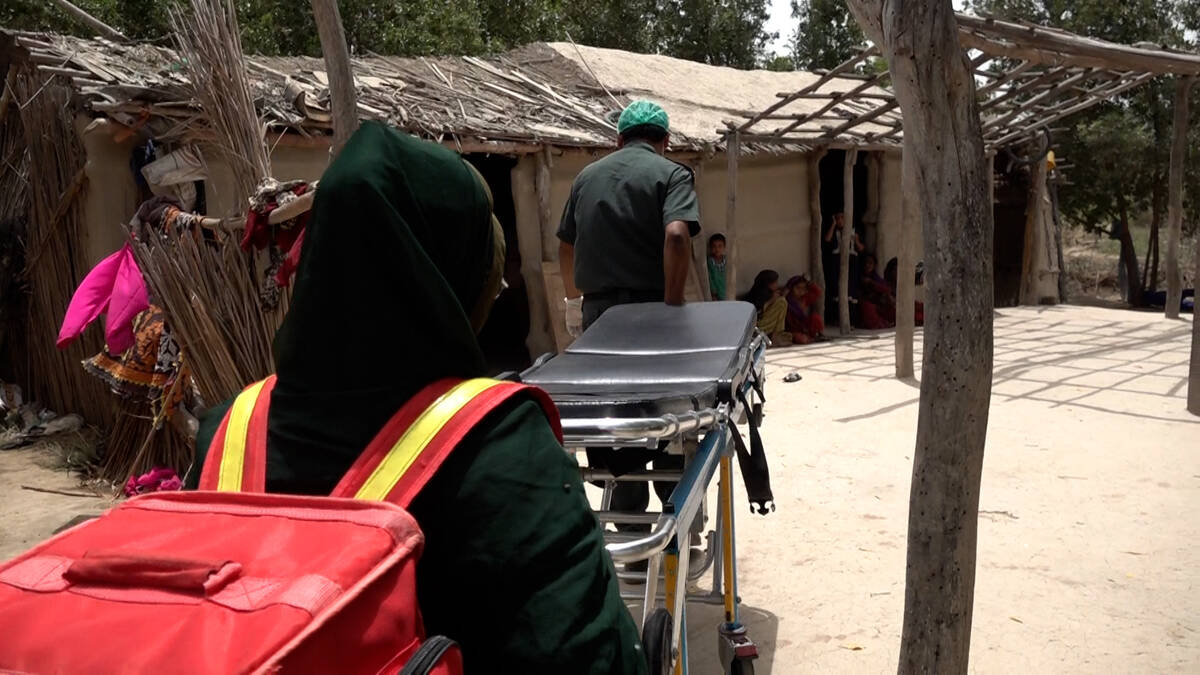ISLAMABAD: The Election Commission of Pakistan (ECP) on Wednesday began the process of receiving nomination papers from potential candidates, a day after Returning Officers issued a public notice for nominations for national and provincial assembly seats, formally kicking off the electoral process for general elections due on Feb. 8.
Over 128.5 million registered voters in Pakistan will decide the fate of 175 political and religious parties in the 2024 election, latest data from the Election Commission of Pakistan shows, with candidates fighting for 266 National Assembly (NA) seats and 593 Provincial Assembly (PA) seats.
“Election Commission of Pakistan’s (ECP’s) data has revealed that total registered voters in Pakistan are 128,585,760 including 69,263,704 male and 59,322,056 female, who would decide the fate of about 175 political and religious parties,” state-run APP news agency said in a wide-ranging report on the electoral schedule and process.
ELECTION SCHEDULE
According to the ECP’s election schedule for 2024, candidates can file nomination papers with respective returning officers between Dec. 20-22 while the names of all nominated candidates will be published on Dec. 23.
Returning officers will scrutinize nomination papers between Dec. 24-30, while the last date for filing of appeals against the decision of the returning officers rejecting or accepting nomination papers would be completed on Jan. 3. The last date for deciding on appeals by an appellate tribunal will be Jan 10.
The ECP will publish the revised list of the candidates on Jan. 11 while the last date for withdrawal of candidature and publication of a revised list of candidates is Jan. 12. The polling body will allot election symbols to contesting candidates on Jan. 13 and polling will take place on Feb. 8.
“This election program would also apply to the seats reserved for women and non-Muslims in the National Assembly and provincial assemblies of Punjab, Sindh, Khyber Pakhtunkhwa and Balochsitan provinces,” APP said.
The last date to file a separate priority list for seats reserved for women and non-Muslims before ROs is Dec. 22.
FEES
The fee to obtain one nomination form has been fixed as Rs10, and each candidate can submit a maximum of five nomination papers with different proposers and seconders. The non-refundable fee for submission of a nomination paper for a national assembly seat is Rs30,000 while it is Rs 20,000 for a provincial assembly seat.
The fee for a nomination paper can either be submitted directly to the RO or through a bank draft in the RO’s name to any National Bank of Pakistan’s branch, with the receipt attached with the nomination form.
Nomination papers can be obtained from respective returning officers between 8:30am to 4:30pm from Dec. 20-22. Nomination papers need to be submitted with attested copies of computerized national identity cards of the candidates and their proposers and seconders, vote certificates issued by the concerned office of the district election commissioner, candidates’ income tax returns of the last three years and passports.
ELIGIBILITY
The ECP has also issued a criterion for eligibility of contesting candidates for national and provincial assembly seats. A candidate should be a citizen of Pakistan who is at least 25 years old at the final date of filing of nomination papers . The candidate should be a registered voter in any part of Pakistan for the national assembly and of the province in which he or she is contesting for a provincial assembly seat.
It is mandatory for candidates of women’s reserved seats of the national assembly to be registered voters of that province and fulfill eligibility criteria mentioned in Articles 62-63 of the constitution, which deal with the qualifications and disqualifications of members of parliament.
The proposers and seconders of candidates contesting on general seats should be voters of the relevant constituency while proposers and seconders of national and provincial assembly women and non-Muslim seats should be voters of that province.
The proposers and seconders of candidates for national assembly seats of non-Muslims should be registered voters in any part of the country. The priority list issued by political parties for reserved seats needs to be attached with the nomination papers of the candidate while a special account for election expenses is required to be opened by the candidates in any scheduled bank, or details and bank statements provided of an already existing account.

















